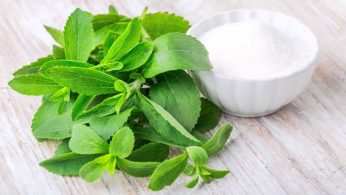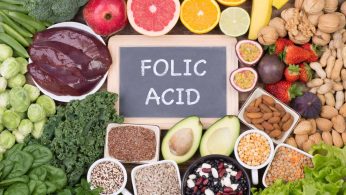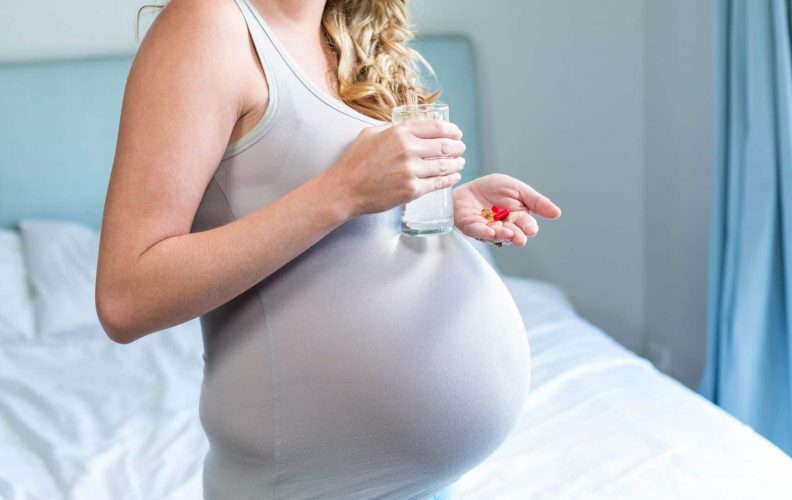Anemic During Pregnancy? Boost Your Red Blood Count!
Disclosure: We use affiliate links and may receive a small commission on purchases.
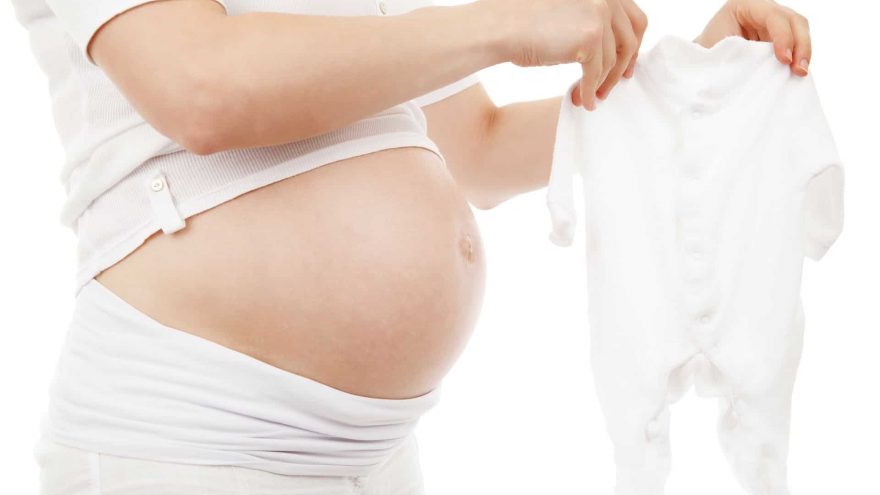 Anemic During Pregnancy? Boost Your Red Blood Count!
thefitbay.com
Anemic During Pregnancy? Boost Your Red Blood Count!
thefitbay.com
There are quite a few women out there who experience pregnancy like a breeze but there’s still a majority that battle with other ailments like anemia, chronic pain and many others that we will cover later. But what exactly is anemia and why is it an issue during pregnancy?
Anemia is a condition in which the count of red blood cells (RBC’s) in your body or the hemoglobin is less than the regular/normal range. Women are more prone to anemia where a hemoglobin level of less than 12.0 g/100ml is measured. Typically, anemia is either caused by a decrease in the production of red blood cells or a loss or destruction of red blood cells (perhaps due to bleeding). It is due to this that women in their fertile age who go through their monthly periods or pregnancy are more prone to experiencing anemia like symptoms. While some women are anemic and may not experience any symptoms at all, there are many who go through things like fatigue, a pale appearance, feeling tired, feeling like they have a racing heart beat or even shortness of breath. Apart from women, older adults may also have a greater risk of developing anemia because of poor diet and other medical conditions.
So what is the significance of developing anemia during pregnancy?
As one goes through the various stages of pregnancy, a woman’s body produces more blood to support the growth of the baby. If the woman does not have enough levels of iron, calcium and other nutrients, the body may not be able to produce the right amount of red blood cells it needs to support the baby. While it is normal to have anemia while pregnant, many women could have severe anemia from low iron and vitamin levels for other reasons that your healthcare practitioner might go over with you. Anemia is detected via a simple blood test (something that you get used to while pregnant. The three common types of anemia that women may come across during their pregnancy consist of iron-deficiency anemia, folate deficiency anemia, vitamin B12 deficiency anemia.
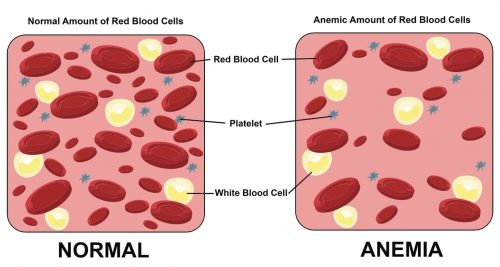
But what happens if you don’t treat anemia during pregnancy? Untreated anemia could increase the risk of having a preterm or low birth weight baby. A transfusion may become necessary if you lose a serious amount of blood during delivery. Also, things like postpartum depression, or even having a baby with anemia may happen. The most serious of all is the possibility of having a birth defect or the spine or the brain, also known as the neural tubes.
The treatment for anemia is fairly straightforward.
Your healthcare provider may start you on an iron supplement coupled with folic acid if you are not already taking prenatal vitamins that include these two components. Also, depending on the type of anemia, you may have to take vitamin B12 supplements as well. This will help bring up your iron levels as well as benefit you in the long run. But what else can you do to help bring up your iron levels?
Consuming foods that are a rich source of iron or help increase the production of red blood cells will greatly benefit you. Here’s a useful list of foods that you could incorporate into your diet to help with the anemia:
Meats
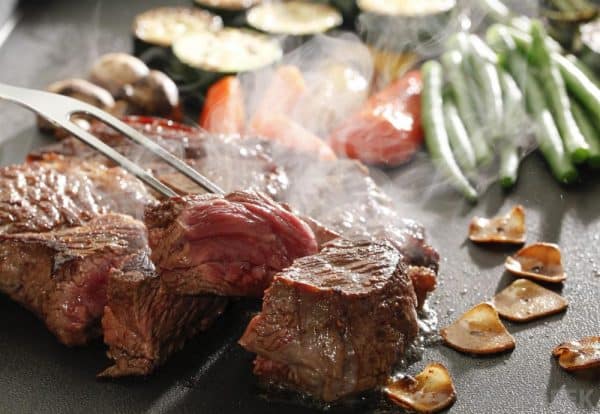
3 ounces of beef or chicken liver, cooked beef, chicken, turkey, ham and even veal contains enough iron to eventually buck up your iron levels. This is particularly easy to incorporate into your diet since meats are easy to cook and delicious in many flavors.
Seafood

While consumption of too much mercury is a concern in pregnancy there are many types of seafood that are quite safe to eat as long as they are consumed within moderation. Seafood like salmon, tuna, anchovies are rich in iron and commonly consumed. However, unknown to many, clams, octopus, mussels and even cuttlefish are all incredibly high in iron. Since the issue with the freshness and rawness of fish remains, caution must be taken when consuming these foods.
Dry Fruit and Nuts
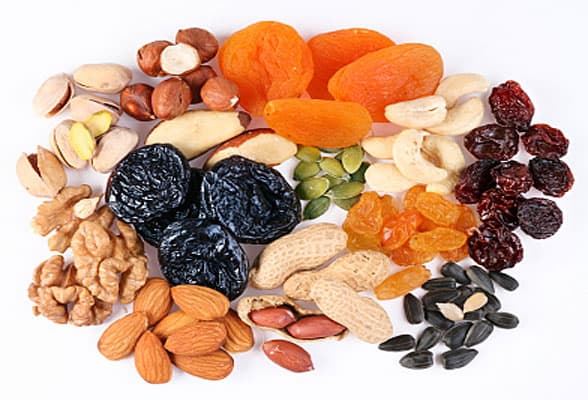
Now that winter is fast approaching (depending on where you live, really), dry fruit not only makes for a scrumptious snack but also packs a punch when it comes to iron. A handful of dried peaches, prunes and raisins are delicious to snack on and will also solve your problem. Other yummy snacks to look forward to are peanuts, walnuts, pistachios, roasted cashews, sunflower seeds and even pecans.
Oatmeal

This one I particularly like because oatmeal makes for a super nutritious breakfast while pregnant. Chop up some nuts in there, cut fruits like strawberries, blueberries, and raspberries and add to your oatmeal. This breakfast will not only pack a punch but also boost your iron levels.
Apples and Dates
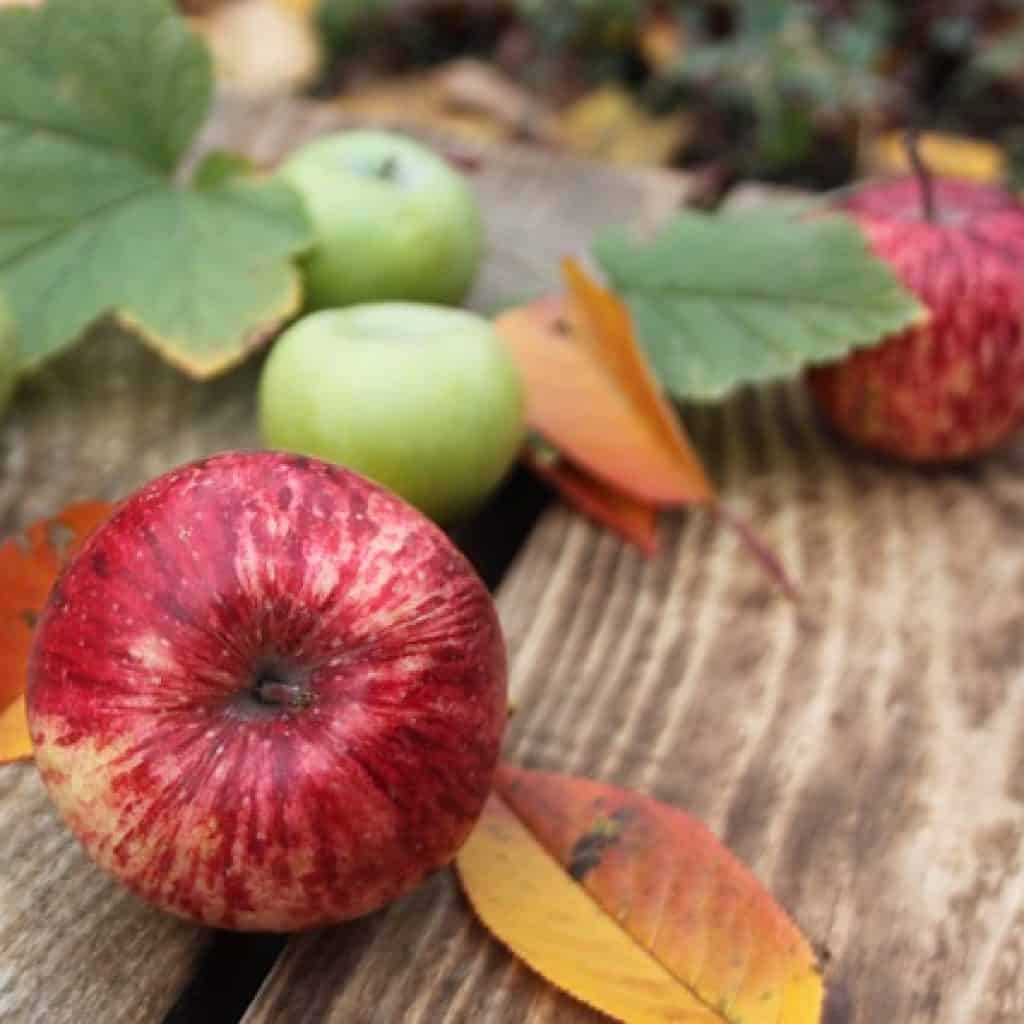
Sounds odd, yes, but everyone knows apples are rich in iron. In fact, the “browning” of the apple on exposure to air is the presence of iron. An apple a day keeps the doctor away, in this case, keeps the needles of the blood test away! Unknown to most dates are PACKED with iron. Eating 3 dates a day followed by a glass of milk will give you the iron boost your body has been looking for, plus, it tastes AMAZING!
Tomatoes
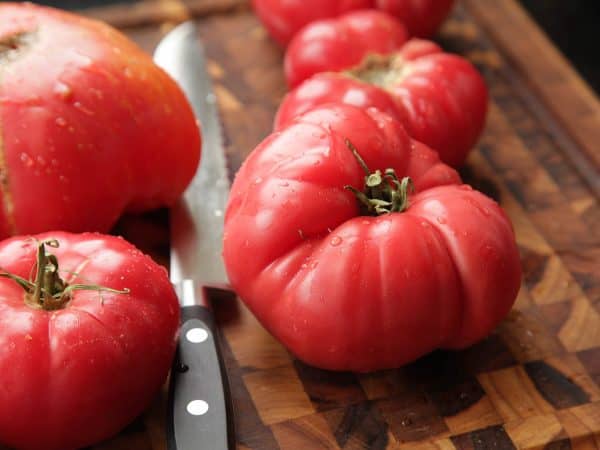
Tomatoes are brilliant. Not only are they super versatile when it comes to cooking, but they are also super flavorful. Since the oxalates in tomatoes could cause kidney stones, it’s important to keep track of how many tomatoes you are consuming. Eating them in sandwiches or even the occasional tomato soup is a delicious way of incorporating them into your diet.
Peanut Butter

This one is just hands down delicious! Whether you like it creamy, crunchy or both, peanut butter is not only an easy source of protein but also iron. You could eat a spoonful daily or mix them in with crackers or make a sandwich. So many ways to get delicious food!!
Eggs
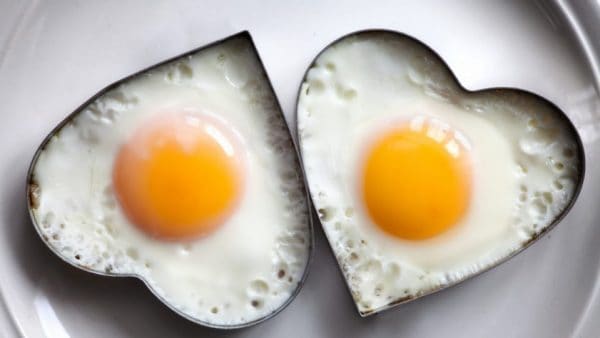
Eggs are an excellent source of iron. They are loaded with vitamins and antioxidants that will facilitate your body with anemia. One large egg has about 1mg of iron plus they are super easy to add to your diet with breakfast being the easiest. You could boil, fry or eat them scrambled. I particularly like it as an egg salad sandwich since I can make the batter once and eat it with my daily carbohydrate intake.
Spinach
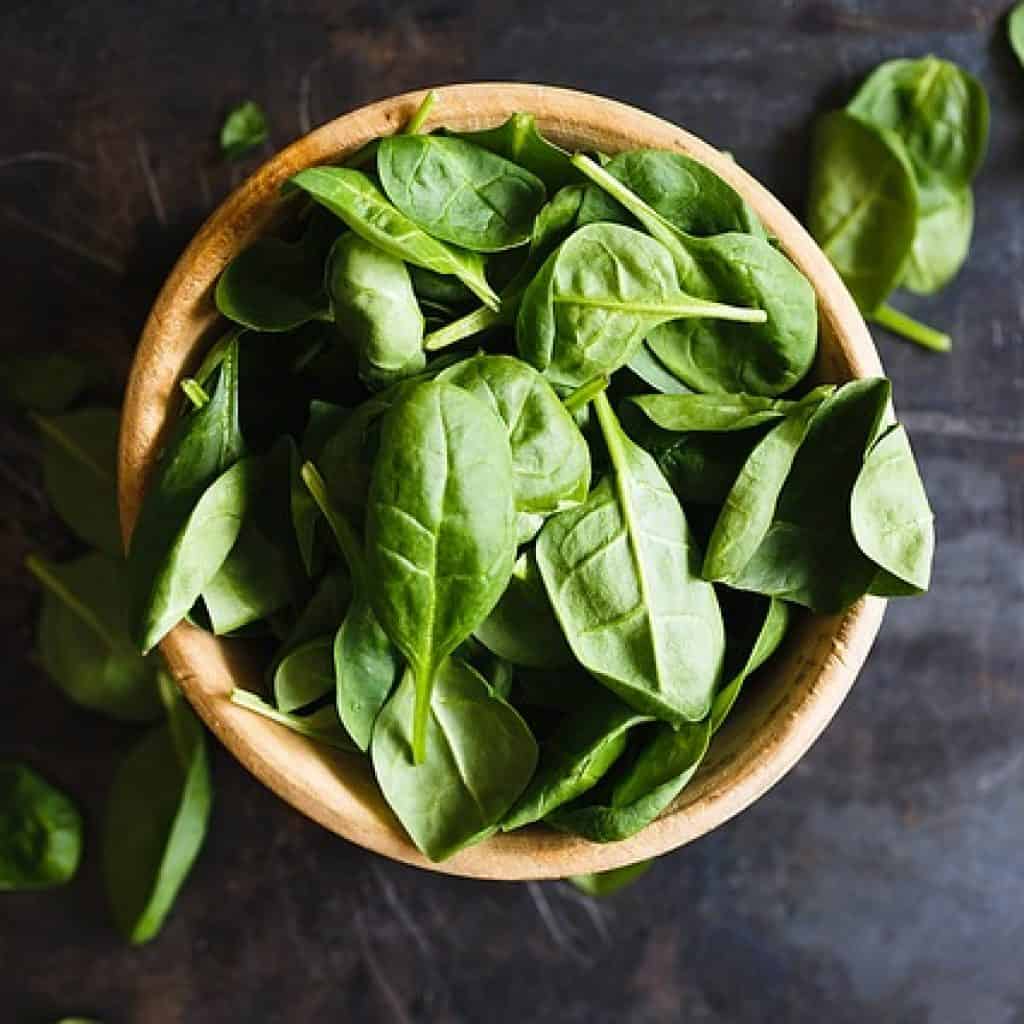
This one really is a no-brainer. This green vegetable is great for providing iron, vitamins A, C, E, B9 and even fiber. Just a cup of iron can hold up to 3.2mgs of iron which is about 20% of your daily recommended intake. Plus if you are one of those healthy moms, it’s easy to add this to your diet in the form of soups and smoothies.
Dark Chocolate
This one is hands down the most delicious one on the list (although one better is dark chocolate + peanut butter, let’s just go crazy already!) Just an ounce of dark chocolate can hold up to 5 mg of iron. An alternative way is as cocoa powder which has 11mgs of iron. If dark chocolate isn’t your thing then a bar of milk chocolate has 1.1gm of iron. I wouldn’t recommend eating it daily but once a week as a treat is a great idea!
Lastly, eat your iron-rich foods along with a good source of vitamin C — such as orange juice, broccoli, or strawberries as they help to improve your absorption of iron!




